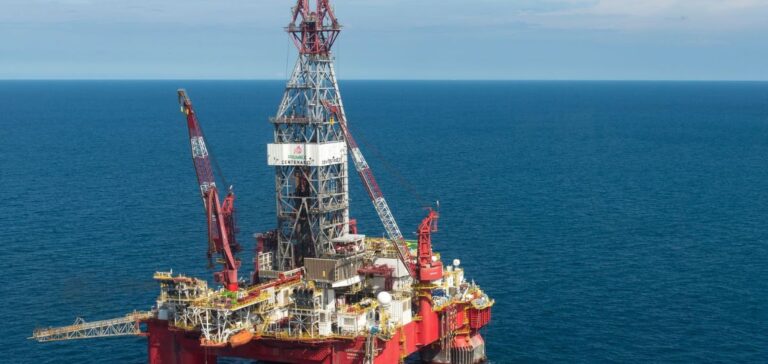Eni recently discovered a large hydrocarbon reserve in the shallow waters of the Gulf of Mexico, in Area 9. This discovery could contain between 300 and 400 million barrels of oil and associated gas, according to initial estimates by the Italian company. Eni, which was recently sold a 2.8% stake by the Italian government.
Context and details of the discovery
The Yopaat-1 well, located in Area 9, was drilled to a total depth of 2,931 metres, revealing around 200 metres of hydrocarbon-bearing sands. This discovery reinforces the overall estimate of resources in place in the region, now exceeding 1.3 billion barrels of oil equivalent. By integrating this new discovery with the other projects in Area 10, Eni plans to create a production cluster to maximize the commercial viability of the projects.
Implications for the oil industry
This discovery adds to the recent successes of other companies in the region, such as Repsol, which discovered the Polok and Chinwol fields in Area 29. These discoveries confirm the significant potential of the Gulf of Mexico in terms of oil and gas resources. Eni’s strategy of developing production clusters in this area is crucial to optimizing the use of existing and future infrastructures. This approach maximizes yields while reducing operating costs.
Regulatory challenges and prospects
The development of these resources is taking place in a complex regulatory context. Since the cancellation of upstream auctions by President Andrés Manuel López Obrador, companies have had to navigate a strict regulatory framework. However, with over 110 billion barrels of oil equivalent in prospective resources in Mexico, the potential for future discoveries remains immense. The Asociación Mexicana de Empresas de Hidrocarburos (AMEXHI) stresses the importance of cooperation and infrastructure sharing in overcoming the challenges posed by regulation. This strategy is essential to compensate for the absence of new auctions and to optimize the development of existing resources.






















